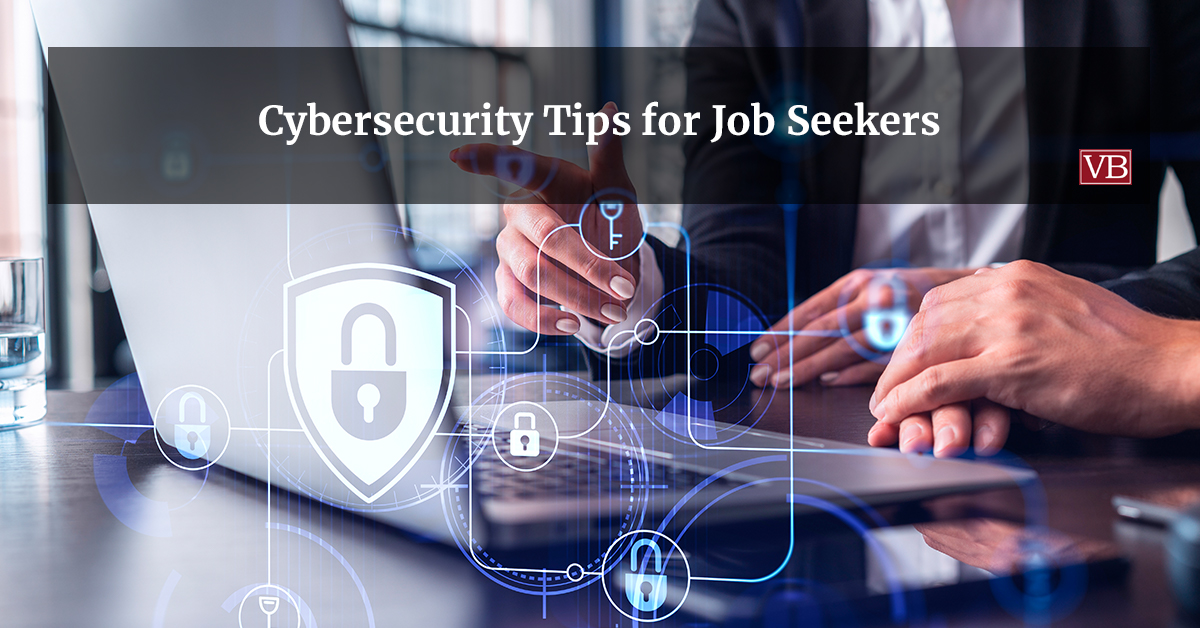
During a job hunt, cybersecurity might not be at the top of your mind. However, as you’re looking for opportunities, you could be at risk. Often, job searches make sending out personal information a necessity. As a result, some cybercriminals take advantage of the paradigm, using your desire to find a position as a means of convincing you to give them sensitive data.
Thankfully, it is possible to avoid much of the risk by using the right approach. If you want to make sure you’re not scammed, here are some cybersecurity tips for job seekers that can help.
Watch Out for Fake Job Posts
First, it’s important to understand that there are fake job posts out there, and they can take many forms.
If an employer asks for your Social Security Number as part of the application, there’s a chance they are more interested in stealing your identity than giving you a job. If there is a request for payment for training or for you to buy equipment or software, it could be a method of stealing your card number or simply getting a bit of cash before telling you the job – which never existed – is no longer available.
Other signs of fake jobs are ads that seem too good to be true, offering far more in compensation than the workload or requirement skills would justify. Additionally, almost anything that involves sending gift cards is questionable at best.
Don’t Hand Out Too Much Personal Information
While you have to send out some personal information during a job search, limit the amount as much as possible. If you’re uploading a resume to a job site that is searchable or you want to apply to a company you aren’t as familiar with, don’t include your full address. Instead, have no more than your city and state, or skip that entirely.
Ideally, you want to use an email address that is dedicated solely to job searching. Not only does this make it easier to track your applications, but it also ensures that the email address attached to the bank, investment, and credit accounts isn’t posted publicly.
Similarly, getting a Google Voice phone number you can list may also be wise. You’ll be able to use that number for jobs instead of the one associated with your device.
Say No to Requests to Check Your Device
If a company says that they need remote access to your personal computer before they hire you to make sure it will work for their system, just say no. While the representative may say they aren’t installing anything on your computer, once they have access, they can add programs – including malware – incredibly discreetly.
While there are some situations where granting access is fine, it shouldn’t be part of a prescreening process. Additionally, even if it comes after you are officially employed, make sure you spend time researching the company to ensure they are legitimate before giving them any kind of access to your personal device.
Ultimately, each of the tips above can help with cybersecurity during a job search. If you’d like to learn more, the team at VB can help. Contact us today.

